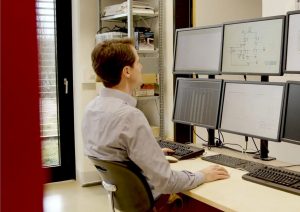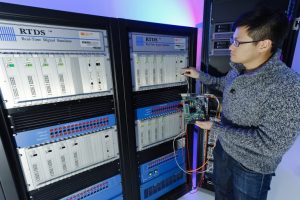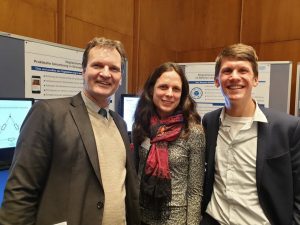As part of the overarching concept “Battery Research Factory”, the Federal Ministry of Education and Research is funding four additional battery competence clusters with a total of 100 million euros.
Professor Dirk Uwe Sauer from the Institute for Power Electronics and Electrical Drives (ISEA) coordinates the cluster “Battery Usage Concepts” (Batt Usage), which is funded with around 20 million euros. The aim is to develop a profound understanding of battery conditions and behavior to decide when secondary use of battery storage is possible and for which applications it makes the most sense.
The “Intelligent Battery Cell Production” cluster (InZePro), which is being funded with around 30 million euros, aims to increase and enhance flexibility in the productivity of cell production. This is intended to be achieved through comprehensive optimization of the production system using Industry 4.0 solutions.
The aim of the “greenBatt” recycling/green battery cluster is to close material cycles in the battery business. This cluster is also funded with around 30 million euros.
The “Analytics/Quality Assurance” (AQua) cluster focuses on continuously improving the performance of batteries while at the same time ensuring a long service life and a high level of safety. This cluster will receive funding of around 20 million euros.
The new clusters deal with future topics in battery research, ranging from production and usage concepts to recycling and quality assurance. RWTH Aachen University is involved in three of the four new clusters.






